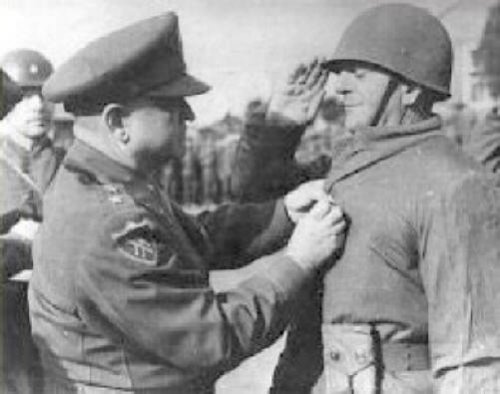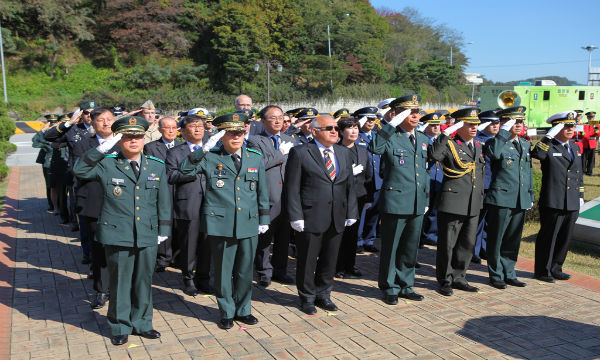‘North Star’ troops of Turkey in Korea sheer example of chivalry
In many battles in Korea during the Korean War (1950-53), soldiers of the Turkish Brigade proved their chivalry and made great contributions to the defense of freedom and democracy through sacrifices.
The Turkish Brigade, according to Wikipedia, served in Korea with the United Nations Command during the Korean War between 1950 and 1953. Attached to the U.S. 25th Infantry Division the Turkish Brigade fought in several actions, and was awarded Unit Citations from Korea and the United States after fighting in the Gunuri Battle. The Turkish Brigade developed a reputation for its fighting ability, stubborn defense, commitment to mission, and bravery.

On 29 June 1950 the government of the Republic of Turkey replied to the United Nations Resolution 83 requesting military aid to South Korea, following the attack initiated by North Korea on 25 June. The cable stated: "Turkey is ready to meet his responsibilities." On 25 July 1950 the Turkish government decided to send a brigade of 5,000 troops comprising three infantry battalions, an artillery battalion and auxiliary units, to fight under UN Command against North Korea and subsequently the People's Republic of China. Turkey was the second country to answer the UN call, after the United States.
The 1st Turkish Brigade consisted of three battalions, commanded by Major Imadettin Kuranel, Major Mithat Ulunu, and Major Lutfu Bilgon. The Turkish Armed Forces Command (TAFC) was a regimental combat team with three infantry battalions, along with supporting artillery and engineers. It was the only brigade-sized unit attached permanently to a U.S. division throughout the Korean War.

Brigadier General Tahsin Yazici was highly regarded in the Turkish military establishment. He willingly stepped down a rank in order to command the first contingent of Turks in the Korean War. While there were cultural and religious differences between Turkish and American troops, both were disciplined forces capable of adapting.
The Brigade had a full turnover after a period of one year’s service. During the service of the 3rd Brigade in 1953, the Korean Armistice was signed. Thereafter, Turkey continued maintaining forces at full Brigade level for another seven years, in accordance with United Nations agreements. Kenan Evren, seventh President of Republic of Turkey, served in the Brigade from 1958–59.
The advance party of the Turkish Brigade arrived in Busan on 12 October 1950. The main body arrived five days later, October 17 from the eastern Mediterranean port of Iskenderun, Turkey, and the brigade went into bivouac near Daegu where it underwent training and received U.S. equipment. The brigade was attached to the U.S. 25th Infantry Division.
United Nations Forces Commander in Chief, General Douglas MacArthur, described the Turkish Brigade's contribution to the war: "The military situation in Korea is being followed with concern by the whole American public. But in these concerned days, the heroism shown by the Turks has given hope to the American nation. It has inculcated them with courage. The American public fully appreciates the value of the services rendered by the Turkish Brigade and knows that because of them the Eighth U.S. Army could withdraw without disarray. The American public understands that the United Nations Forces in Korea were saved from encirclement and from falling in to the hands of the communists by the heroism shown by the Turks."
After the Battle of Geumyangjang-ni, 25–26 January 1951, in which the Turkish Brigade repulsed a Chinese force three times its size, although the Turkish brigade was decimated by repeated determined attacks by North Koreans and Chinese since it did not coordinate with any American units, President Harry Truman signed a Distinguished Unit Citation (now the Presidential Unit Citation) on 11 July 1951. The brigade was also awarded the Presidential Unit Citation from the President of Korea.

